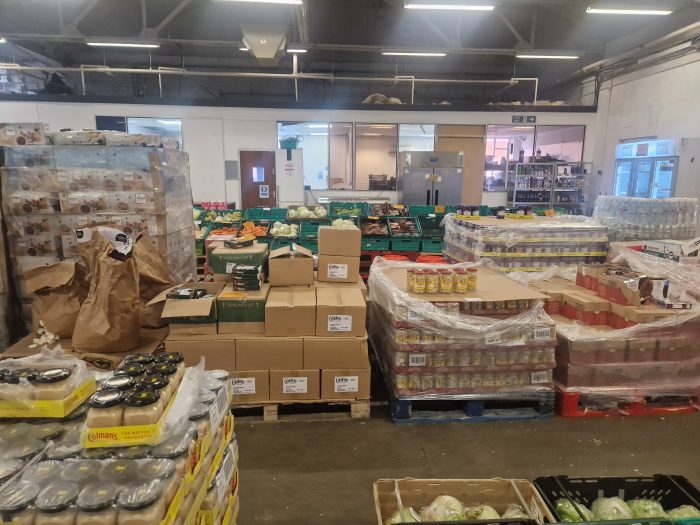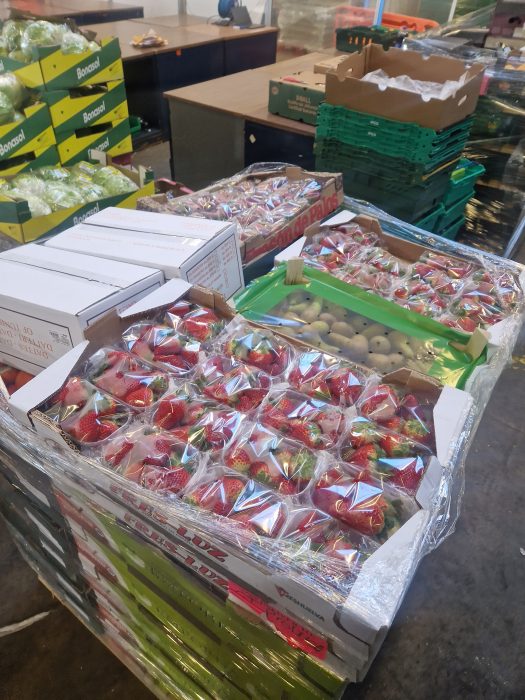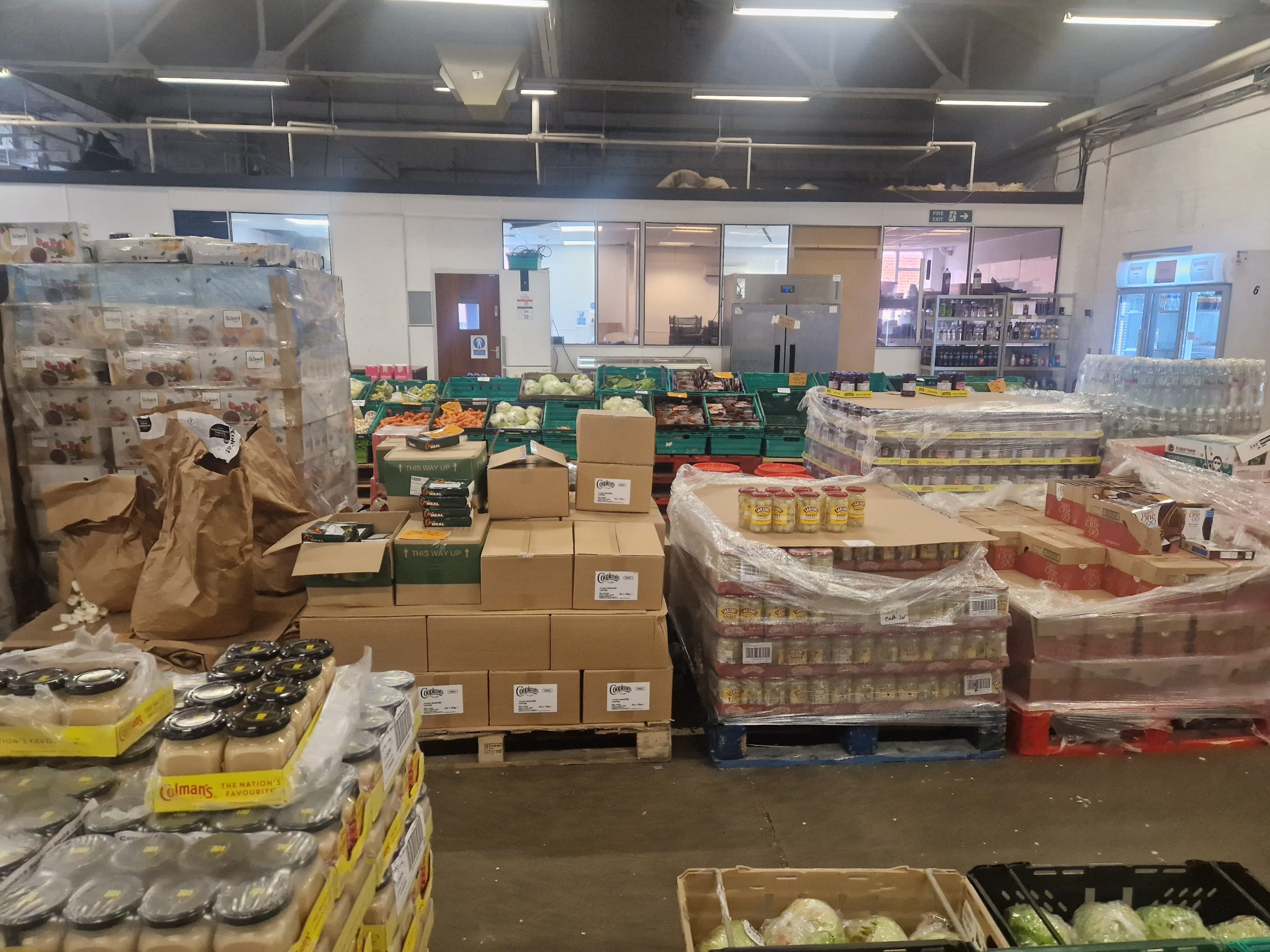Sure, everyone loves Spark for some great street food, but did you know you can do your grocery shopping there for around a quarter of the usual price?
Surplus to Purpose, a food-waste initiative from Leeds, opened their store’s York branch in Spark this January. Originally from Leeds, the project’s mission is to stop waste. They intercept food destined for waste and deal with it as responsibly as possible.
I visited their Leeds warehouse and spoke to founder Adam Smith to find out more. SToP intercepts food that’s still perfectly edible but can’t be sold for various reasons, like, for instance, if it has damaged packaging, split multi-packs, or includes items past their best-before date. They collect it, bring it back to their warehouse, and quality check everything before it reaches their shelves.
They work higher up the supply chain: with manufacturing, producers, wholesalers, or farms.
“We do work with some retailers, but we’re not actually contracted to do anything with them. We just take their surplus food when it’s available,” Adam says.
He walked me through stacks of boxes filled with seemingly fresh peaches and strawberries in their Leeds warehouse.
“One damaged item means they write off the entire pallet,” he explained.

When I asked him about the biggest misconception and myths around surplus food, he replied: “It’s the dates.”
People often treat all expiry dates the same, but there’s a big difference: use by is about safety, while best before is just about quality.
“Best before was made up by M&S in the ’60s for stock control,” he said. “Now it’s used to manipulate people into binning food and buying more than they need.”
If you’re nervous about freshness, don’t be. You can see, smell, and choose the food yourself. I ended up buying 8 bananas, 8 plums, 8 clementines, cranberry juice, and a jar of pickled cabbage, all for £2.10. A week later, the clementines were still completely fresh.
So what do they stock the most?
You can expect to see tonnes of fruit, veg, bread, cans of pop, and tinned goods.
You can now shop at SToP in York, Leeds, and Bradford, and they’re not stopping there! StoP plans to be a genuine shopping alternative. “ALDI, Lidl, Tesco, Asda — they’re all the same. People don’t really have a choice,” Adam said. “I want to be that choice.”

They’re planning to open more stores and do more local collaborations as well as click & collect and online shopping to reach even more people. On top of that, they’re creating more volunteering and job training opportunities, especially for young adults and neurodivergent individuals who often face barriers to work.
“The food system is a paradox,” Adam said, “We grow three times more food than every single person on the planet can physically eat, and yet a billion people go without.” For him, growth isn’t success. “Success is if we could close the doors and we were no longer needed.”
I was curious which big supermarkets actually handle food waste better, because I believe that being mindful about where you shop is one of the easiest things to do if you don’t have access to a surplus store. Adam shared Morrisons and Farmfoods are better at working directly with third-party organisations, which is a good sign! Tesco’s, on the other hand, I’d rather avoid.
Check out Surplus to Purpose’s website if you want to know more!
